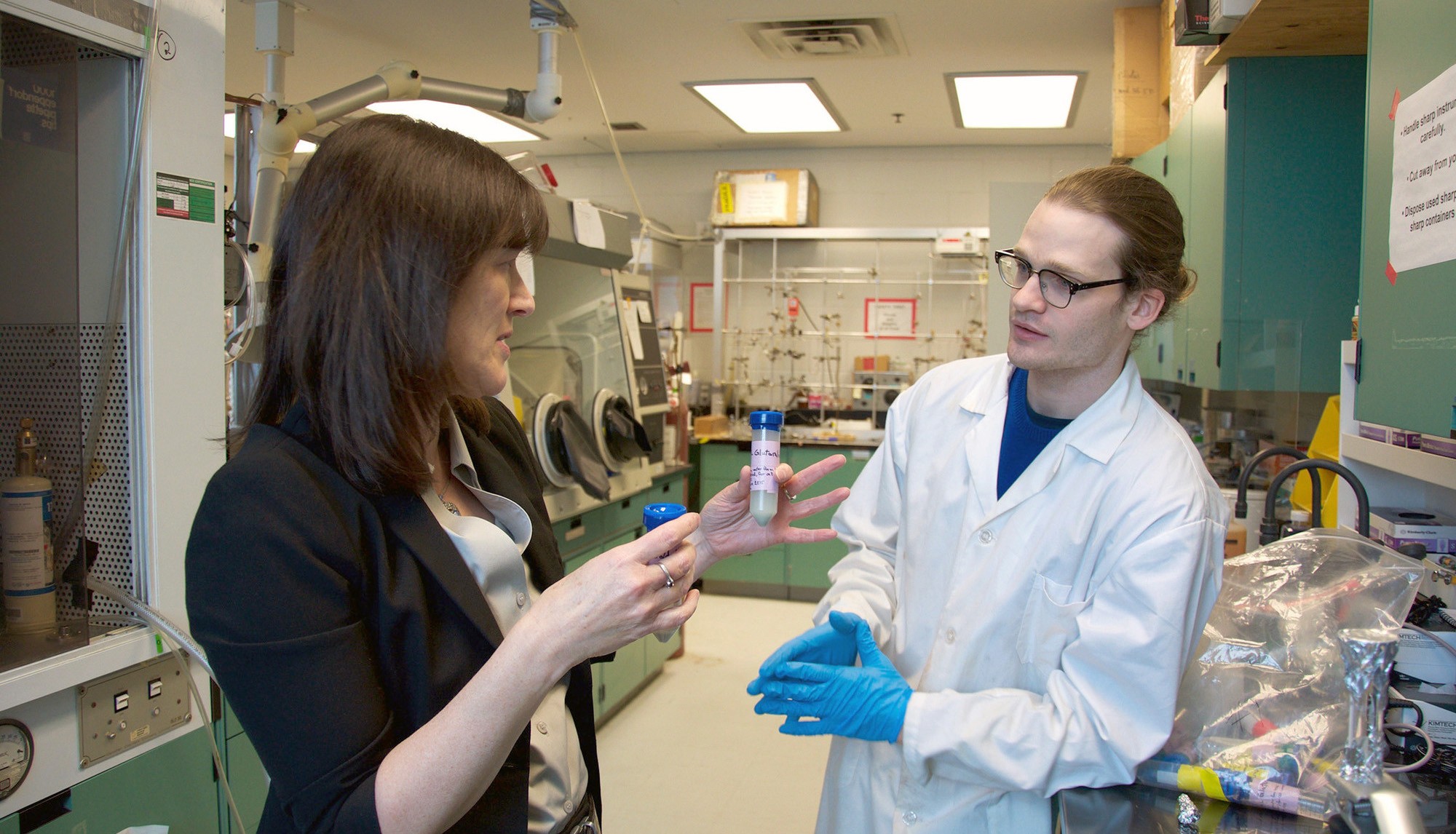Supervision Guidelines for Students – Section 9: Appendix 1 – Resources for Students
On This Page

Academic and Student Services and Support
Accessibility Services: If you require academic accommodations for a documented disability (ongoing or temporary), Accessibility Services offers a number of resources to support you.
Centre for International Experience (CIE): CIE provides information, events, and resources for international students studying at the University of Toronto, as well as workshops and resources for domestic students planning to travel abroad.
Graduate Centre for Academic Communication (GCAC): If you are looking to enhance your writing and speaking skills, consider the non-credit courses, workshops, and resources offered by GCAC. Individual consultations are also available by appointment.
SGS Student Services: graduate.information@utoronto.ca
SGS Vice-Dean, Students: sgs.vdeanstudents@utoronto.ca
Health, Wellness, and Safety
Family Care Office: If you are seeking guidance, support, or advice with family care needs, this office provides support and hosts a number of events and discussion groups open to all members of the University community.
Health & Wellness Centre: If you require physical health services (similar to those of a General Practitioner), mental health care, travel medicine, immunizations, nutritional care, family planning, or first aid, the Health & Wellness Centre provides a single point of entry. It also provides workshops and resources for student well-being.
SGS Counselling: If you are looking to access counselling support, SGS offers individual sessions that are tailored to the concerns of graduate students.
Equity and Diversity
Anti-Racism and Cultural Diversity Office: Access this office for programs, workshops, and resources on equity, anti-racism, and racism and its intersections. Services available to students, faculty, and staff.
Community Safety Office (CSO): If you feel unsafe or are experiencing unwanted attention, please connect with the CSO.
Equity Offices: A number of equity offices are available to provide guidance, raise awareness, and develop programming to support diversity, equity, and human rights for all members of the University of Toronto community.
First Nations House (FNH): Graduate students can meet with an Aboriginal Learning Strategist, seek academic support and advocacy, and access the Resource Centre and a computer lab at the FHN.
University of Toronto Graduate Students’ Union (UTGSU): The UTGSU provides academic advocacy services and can assist students through the provision of advice, information, and representation.
Office of the Ombudsperson: If you are concerned that you are not being treated fairly (e.g. a decision or process within the University is unfair), you can reach out to the Ombudsperson for advice. The Ombuds office is confidential, impartial, and independent.
Sexual & Gender Diversity Office: Provides programs, education, and resources on sexual and gender diversity to all members of the University community.
Sexual Violence Prevention & Support Centre: This tri-campus Centre “supports members of the University community who have been affected by sexual violence. The Centre has a mandate to conduct intake, accept disclosures and reports of sexual violence, and to provide support to individual members of the University community who have experienced sexual violence.”
Policies
SGS Calendar
University Assessment and Grading Practices Policy
Statement on Conflict of Interest and Conflict of Commitment
Code of Behaviour on Academic Matters
Code of Student Conduct
Policy on Ethical Conduct in Research
AODA (Accessibility for Ontarians with Disabilities Act)
Other
SGS Intellectual Property Guidelines
Graduate Professional Skills (GPS) Program at U of T
Tri-Agency Framework: Responsible Conduct of Research, adopted in 2011 by the three federal granting agencies (CIHR, NSERC, and SSHRC)
Sections
Section 1: Introduction
Section 2: General Characteristics of Graduate Supervision
Section 3: Choosing a Supervisor
Section 4: Responsibilities of the Student, Supervisor, and Supervisory Committee
Section 5: If You Need Academic Accommodations
Section 6: When Problems Arise
Section 7: Finishing Up
Section 8: Scenarios
Section 10: Appendix 2 – Checklist for Students
